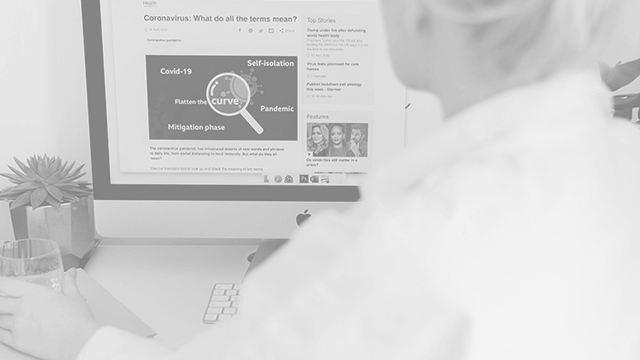
EAPs in the Gig Economy: Tailoring Support for Independent Workers
The gig economy, characterized by freelancers, independent contractors, and remote workers, has transformed the traditional employment landscape. With more people embracing non-traditional work arrangements, there's a growing need to adapt existing employee assistance programs (EAPs) to cater to the unique challenges faced by gig workers. This blog explores how EAPs can evolve to meet the needs of freelancers and gig workers in today's dynamic job market. The Gig Economy: A Paradigm Shift The gig economy offers flexibility and autonomy, but it comes with its own set of stressors. Freelancers often deal with irregular income, isolation, and blurred work-life boundaries. The absence of traditional employer-provided benefits makes access to mental health support even more critical for gig workers. Adapting EAPs for Gig Workers Flexible Service Delivery: Gig workers may not conform to the 9-5 workday. EAPs should provide flexible service hours and offer 24/7 accessibility, ensuring that support is available when needed. Affordable Mental Health Services: Many gig workers lack the financial stability of traditional employees. EAPs must offer cost-effective mental health services to ensure accessibility. Remote Counseling: Telehealth and remote counseling are crucial for gig workers who may be located in different regions. EAPs should facilitate virtual therapy sessions, making support accessible from anywhere. Tailored Resources: EAPs can curate resources and content specifically addressing the challenges faced by gig workers, such as managing multiple clients or dealing with fluctuating income. Promoting Mental Wellness Addressing the mental health of gig workers isn't just a matter of adapting EAPs; it's about promoting proactive well-being: Stress Management Workshops: EAPs can organize webinars and workshops to help gig workers manage stress, uncertainty, and work-life balance effectively. Community Building: Creating virtual communities where gig workers can connect, share experiences, and support each other can combat isolation. Resilience Training: EAPs can incorporate resilience-building programs to help freelancers navigate the ups and downs of gig work. Feedback-Driven Improvements: EAPs should actively seek input from gig workers to continuously enhance their services and meet evolving needs. Access to Quality Mental Health Support Ultimately, EAPs' evolution to support gig workers is not just about providing access to services; it's about offering a sense of security and well-being. Freelancers should know that they have a safety net, access to counseling, and resources that cater to their unique work circumstances. The gig economy isn't going anywhere, and EAPs must adapt to support the mental health of the growing freelance workforce. By tailoring services, offering flexible accessibility, and promoting overall mental wellness, EAPs can become a lifeline for independent workers navigating the ever-changing world of gig employment.

